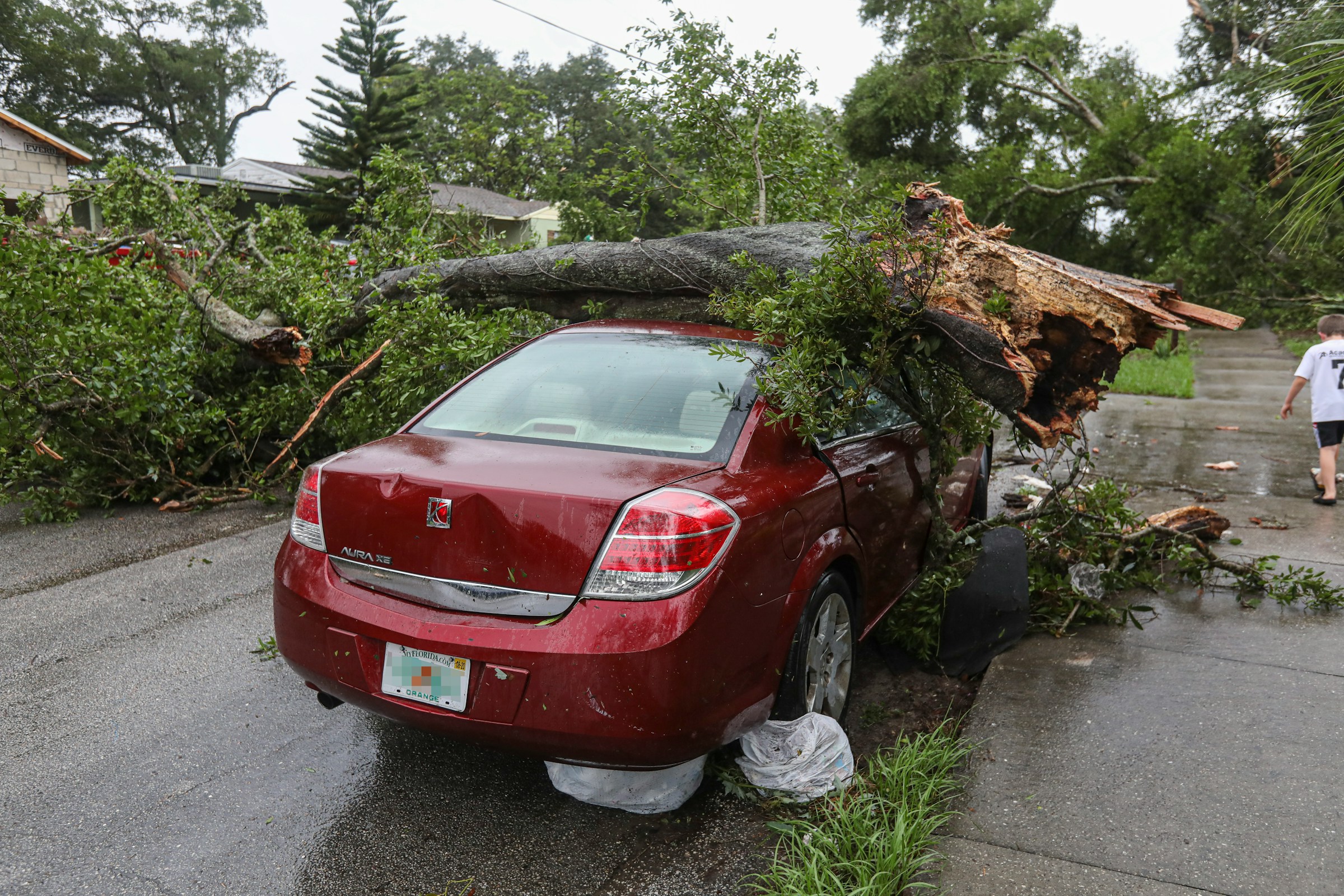When you’re shopping for auto insurance, one of the biggest decisions you’ll face is whether to choose full coverage or liability. While they might sound similar, the two options provide vastly different types of protection. Choosing the wrong one can leave you either overpaying for coverage or dangerously underinsured.
In this article, we’ll break down the key differences between full coverage vs liability car insurance, explain when each option makes sense, and help you determine the right fit for your situation.
What Is Liability Car Insurance?

Liability insurance is the minimum coverage required by law in most states. It covers damage and injury you cause to other people or their property in an accident where you are at fault. It does not cover damage to your own vehicle.
There are two key components:
- Bodily Injury Liability: Pays for the medical expenses, lost income, and legal fees for the other party.
- Property Damage Liability: Covers the cost of repairs to the other person’s car or property.
Most states mandate a minimum level of liability coverage, but it’s often not enough to fully protect your finances in a serious accident. If damages exceed your policy limit, you’re responsible for the rest.
According to the Insurance Information Institute, liability insurance is essential but often needs to be supplemented with other types of protection to avoid financial exposure.
What Is Full Coverage Car Insurance?

“Full coverage” isn’t a specific policy — it’s a term used to describe a combination of protections that go beyond basic liability insurance. Typically, full coverage includes:
- Liability Insurance (as described above)
- Collision Coverage: Pays for repairs to your vehicle after an accident, regardless of who is at fault.
- Comprehensive Coverage: Protects your car from non-collision incidents like theft, vandalism, falling objects, weather events, and animal damage.
Some full coverage policies may also include extras like roadside assistance or rental car reimbursement.
When is full coverage required?
If you’re financing or leasing a car, your lender will usually require you to carry full coverage until the loan is paid off.
Full Coverage vs Liability Car Insurance: Which Should You Choose?

To decide which is right for you, consider the following factors:
Choose Liability Insurance if:
- Your car is older and not worth much.
- You can afford to replace or repair your vehicle out of pocket.
- You’re looking for the most affordable legal minimum coverage.
Choose Full Coverage if:
- Your car is new, financed, or leased.
- You live in an area with high rates of theft or extreme weather.
- You want protection regardless of who causes the accident.
Also ask yourself: Would I be financially devastated if my car was totaled tomorrow? If the answer is yes, full coverage may be worth the higher premium.
Also ask yourself: Would I be financially devastated if my car was totaled tomorrow? If the answer is yes, full coverage may be worth the higher premium.
If you’re still unsure, use our connect with an insurance provider to evaluate your protection needs based on your budget and vehicle value.

